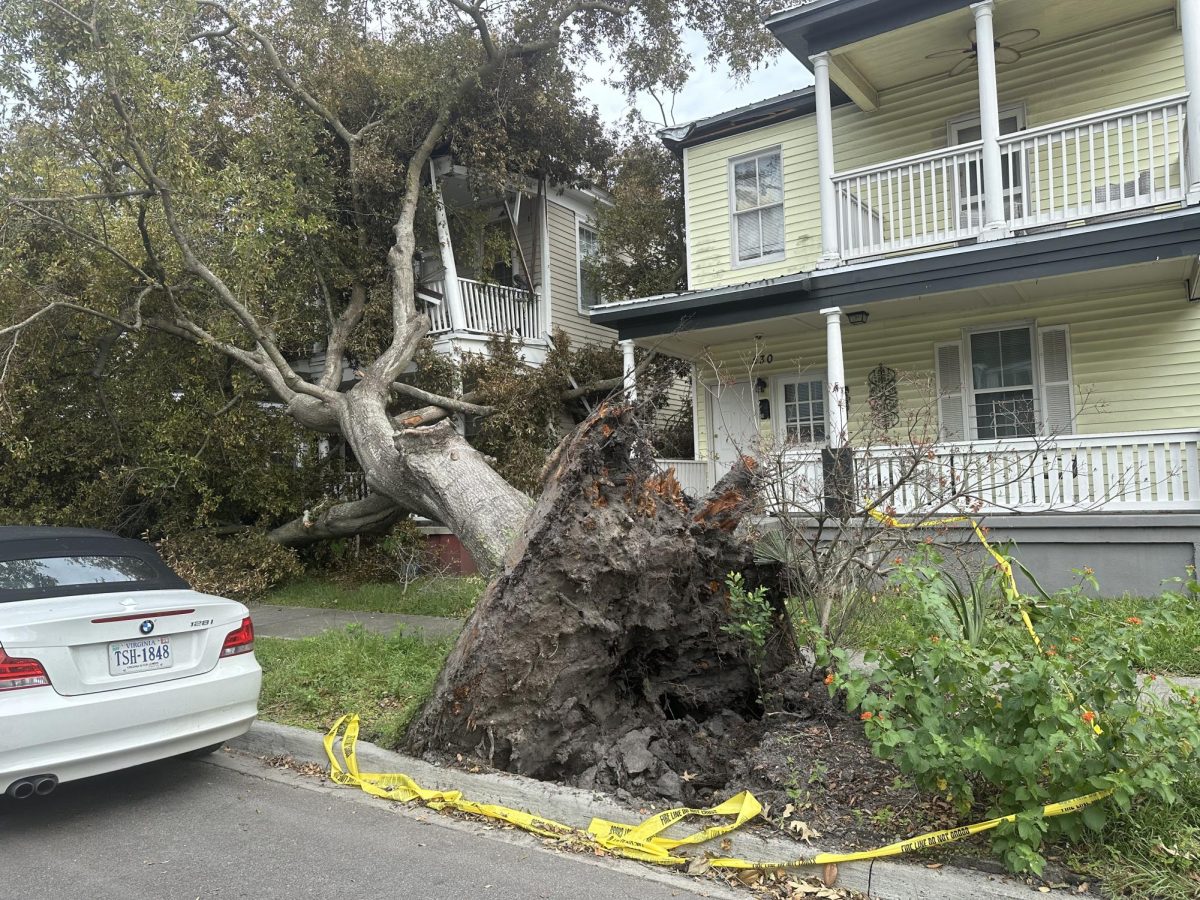Joshua Winslow, Staff Writer
Students and faculty were invited to hear Professor Pam Cartright’s lecture “Cannabis and Cannabinoids: Review of Existing and Potential Therapeutic Applications in Oncology” last Friday, Jan. 20. She discussed Cannabis, Cannabinoids and a review of existing as well as potential therapeutic applications in oncology: the study or treatment of tumors.
Cartright, who coordinates Armstrong’s Radiation Therapy Program in the Radiologic Sciences Department, presented a broad overview of the medicinal history of Cannabis, explored the various chemical components found within the genus and discussed the current roadblocks in place which muddle the legality of research.
While easy to associate solely with its recreational use, the ailments that Cannabis or its derivatives can treat is broad.
For example, cancer patients can find relief from nausea and vomiting induced by chemotherapy. AIDS patients can receive treatment for reduced appetite and physical deterioration. Cannabis can also be used to treat glaucoma, muscle spasms, chronic pain, Multiple Sclerosis, epilepsy, Parkinson’s disease and much more.
However, research is sparse and evidence is often anecdotal. Even research into cannabis extracts like Cannabidiol (CBD), a non-psychoactive compound, is blocked.
Research is made difficult due to the classification of Marijuana as a Schedule I drug, which by federal definition has both “a high potential for abuse” and “has no currently accepted medical use in treatment in the United States.”
This definition is counterintuitive in 28 states that allow patients access to medical marijuana.
Cartright explained that “if enough states modify their laws, eventually the Federal Government will have to back off and change its laws–but I don’t think we’re at that point yet.”
Though the War on Drugs was not discussed at length, Cartright categorized the effort as “very unsuccessful,” likening it to a “modern prohibition” and linking the difficulties researchers face with the lingering political stigma surrounding marijuana.
Winds are changing as support for legalization gains momentum nationwide.
“It has become a legislative and medical nightmare,” she said while discussing the confusion faced by researchers and patients alike who cannot travel across state lines with prescribed cannabis. “Insurance companies need to catch up but federal policies wrap the issue up in confusion.”
The discussion and questions following Cartright’s lecture were largely supportive of federal rescheduling and expanded research. Several audience members cited personal experience with the benefits of medical marijuana.
Jim, a cancer survivor who asked to be quoted only under his first name, said he “absolutely” found relief from a number of symptoms when introduced to medicinal marijuana during his treatment.
When asked about the future of medical marijuana, his hands went up in a gesture of helplessness and frustration. “There’s just so many roadblocks,” he said.
With the appointment of Jeff Sessions (R-AL) as Attorney General under the Trump Administration, it is unclear what progress might be made in the coming years.






